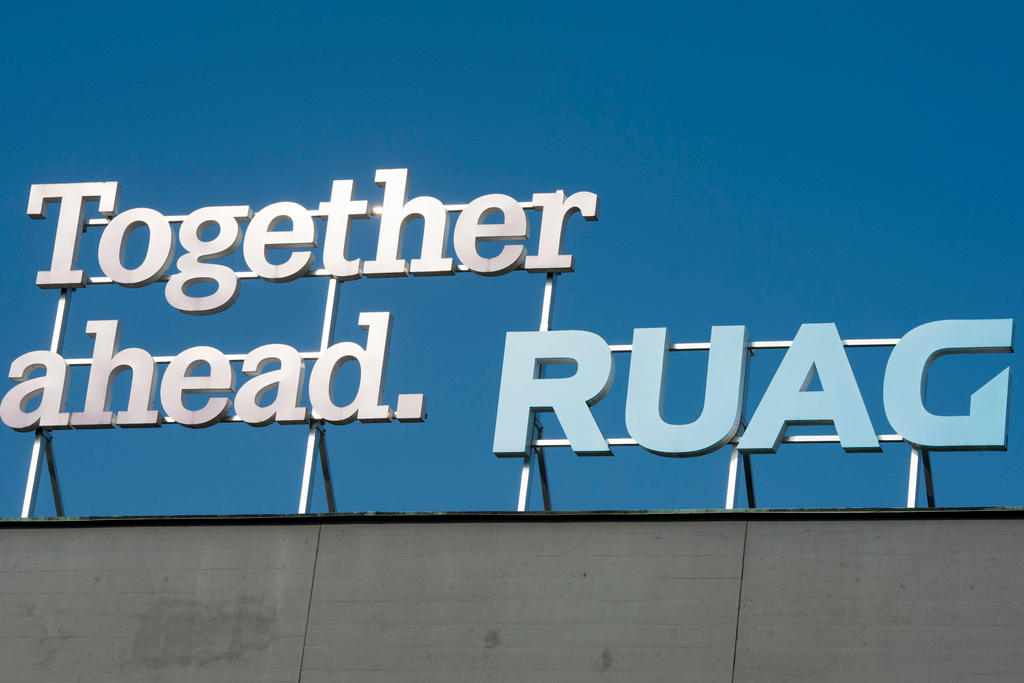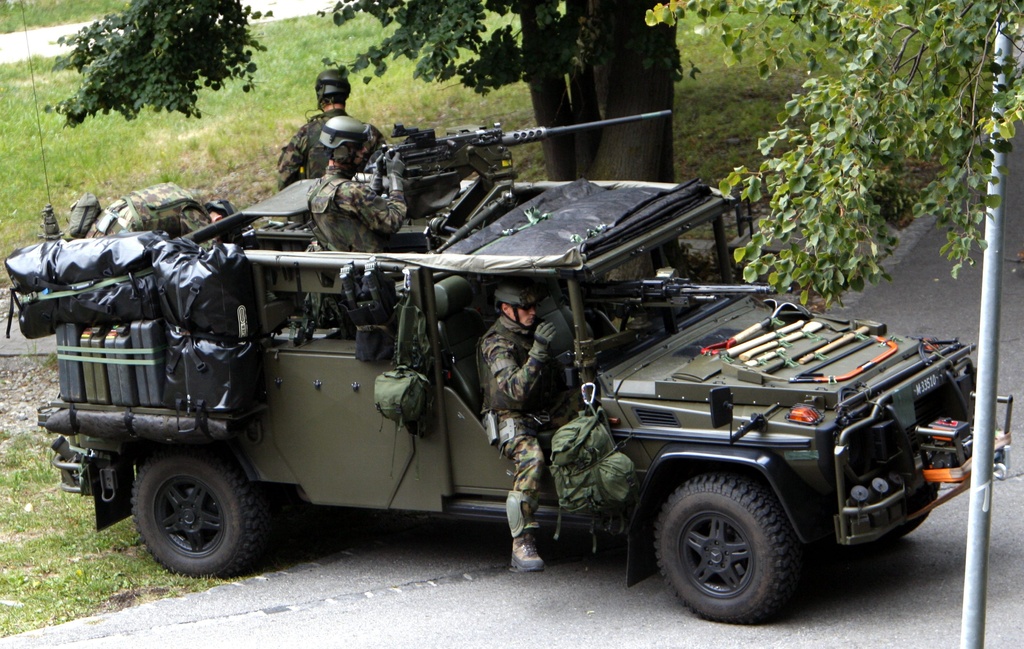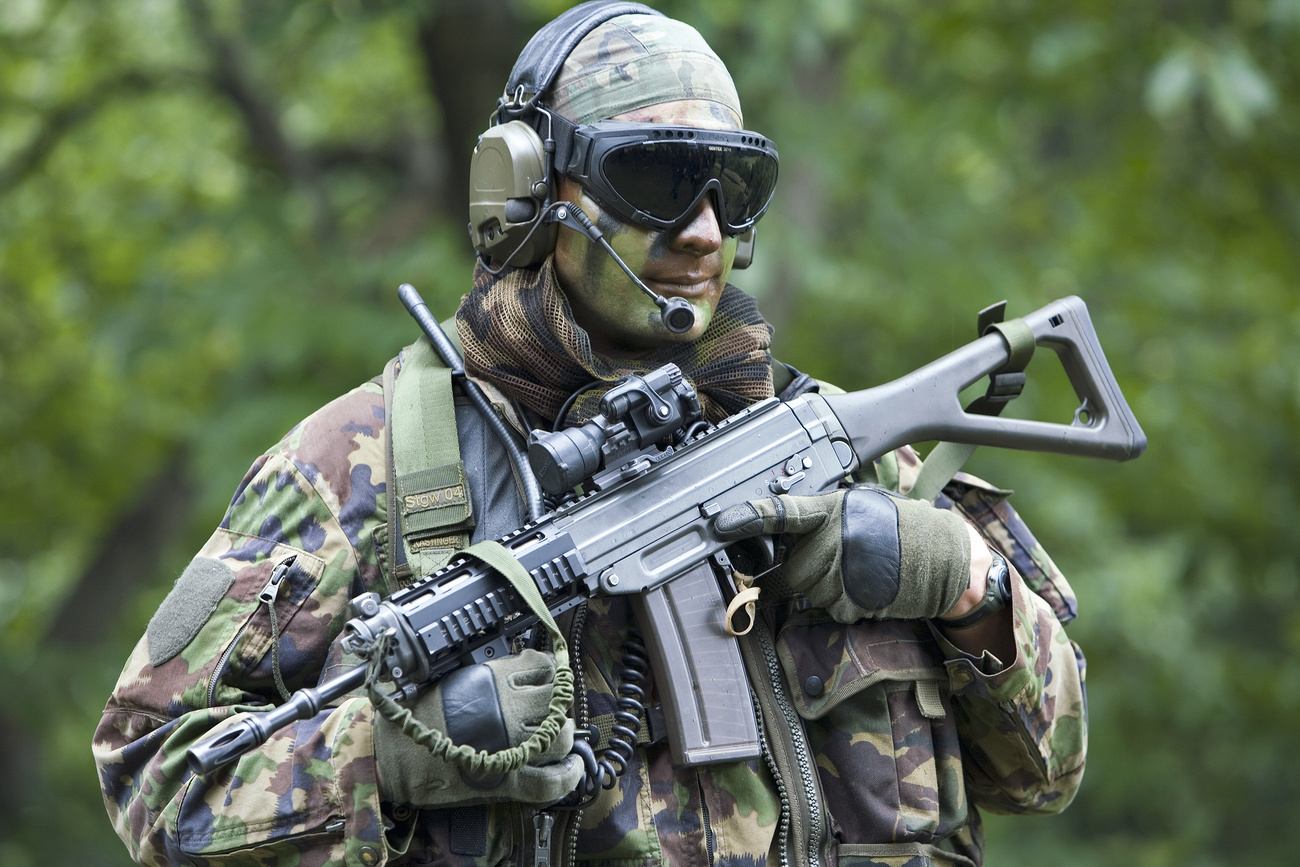Paper claims special forces unit exposed by hack

The identities of members of an elite Swiss special forces army unit may have been revealed in a hack of the RUAG defence contractor, according to the NZZ am Sonntag newspaper.
On Sunday, the NZZ am Sonntag reported that Russian IT specialists had gained access to personal data of members of the secret DRA10 special forces unit, which was established for risky operations in foreign countries.
“We’re racking our brains trying to determine whether the elite soldiers will have to be given new identities,” an insider told the newspaper.
According to a press statement released by the Defence Ministry on Wednesday, the government works closely with defence contractor RUAG, whose IT system was the target of the attacks.
Historically, and due to the fact that RUAG is an important business partner, there exist numerous interfaces between the IT systems of the defence ministry and the defence contractor, the statement said.
As a result of the interfaces, it can also be assumed that the hackers have gained access to information about armament projects, the Swiss army’s strategic plan, and technological projects, the newspaper reported.
According to another weekly newspaper, the SonntagsZeitung, in 2015 the Federal Office of Information Technology, Systems and Telecommunication had given RUAG access to personal information about more than 30,000 federal employees, as well as members of parliament.
“That an organisation that was just the victim of IT attacks has access to such sensitive information is ‘explosive’,” the paper said.
Defence Minister Parmelin told the NZZ that a task force had been created to investigate the affair.
Meanwhile, in an editorial on Sunday, the NZZ am Sonntag wrote: “Kremlin exposes secret soldiers – the news should be a wake-up call for everyone working in IT in Bern.”
Defence Minister Guy Parmelin said on May 4 that a separate hacking attack on Defence Ministry systems had taken place during the annual meeting of the World Economic Forum (WEF) in Davos.
RUAG became a private company in 1998. Over the past ten years, the specialist Swiss defence contractor has grown into an international tech firm. In 2015 it employed 8,000 people in nine countries and had a turnover of CHF1.7 billion, 55% for civilian activities.
From 2008, RUAG developed its aerospace division via takeovers of Space from SAAB, Austrian Aerospace and Oerlikon Space. RUAG Space produces sections for the Ariane and Vega rockets.
The group has four other divisions specialising in civil and military aviation, munitions, defence systems and metallurgy technologies.
Despite being a private firm, RUAG maintains close ties with the Swiss federal authorities, its only shareholder and main client. In 2015, the Swiss defence ministry was responsible for 32% of its turnover: military equipment and maintenance of technical systems.
RUAG, like other ex-federal groups Swisscom and La Poste which were privatised in the 1990s, continues to pay annual dividends to the Confederation (CHF47 million in 2016).
RUAG and the defence ministry have close IT ties. According to press reports, RUAG stocks data on 30,000 federal staff, as well as parliamentarians from both chambers and army personnel such as special forces officers from the DRA10 unit, which carries out missions overseas.

In compliance with the JTI standards
More: SWI swissinfo.ch certified by the Journalism Trust Initiative













You can find an overview of ongoing debates with our journalists here . Please join us!
If you want to start a conversation about a topic raised in this article or want to report factual errors, email us at english@swissinfo.ch.